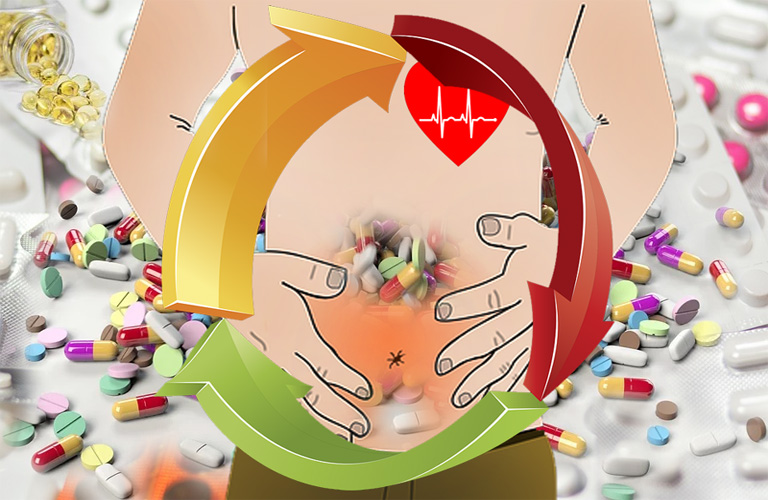Medications and Supplement Interactions
Supplement use is typically a safe and effective method of maintaining a healthy body; however, supplements have the potential to interact with over-the-counter (OTC) drugs and prescribed medications.
Many people take dietary supplements, over-the-counter drugs, and/or prescription medications. Sometimes, these drugs and supplements may interact in harmful ways. It’s very important to tell all your health care providers about all dietary supplements and drugs you take. That way, they can help you avoid harmful interactions.
Besides your primary health care provider, medical specialists and all other professionals and practitioners need to know about all the drugs and supplements you’re taking:
- Your dentist
- Any medical specialist you see, such as a cardiologist or dermatologist
- Your eye care professional
- A health care professional who treats you in an emergency room or urgent care facility
- Any complementary health practitioner you see, such as a chiropractor or naturopathic practitioner
- Your pharmacist
Browse Pages:

Often, when you visit a health care provider for the first time, you fill out a form that asks you to list all the drugs and supplements you take. Be sure to update this information every time you visit the provider’s office.
It’s important to tell your health care providers about all the drugs and supplements you take.
What You Should Know
Some interactions between supplements and drugs are very dangerous. For example, interactions can decrease the effectiveness of critically important drugs—such as drugs that prevent transplanted organs from being rejected.
Some supplements can increase the effects—including unwanted side effects—of drugs. For example, herbs that decrease blood sugar may interact with anti-diabetes drugs to cause blood sugar to drop too far.
Sometimes, taking a drug and a supplement together may decrease the drug’s effects. This means that you aren’t getting the full benefit from the drug that your health care provider wants you to have. For example popular herbal supplement St. John’s wort is especially well known for decreasing the effects of drugs.
Some supplements may increase the effects and side effects of drugs. For example, the herb schisandra may slow down the processes in your body that change drugs into inactive substances. So if you take this herb while you’re also taking a drug, the amount of the drug in your body may increase. As a result, the drug’s effects may be too strong.





